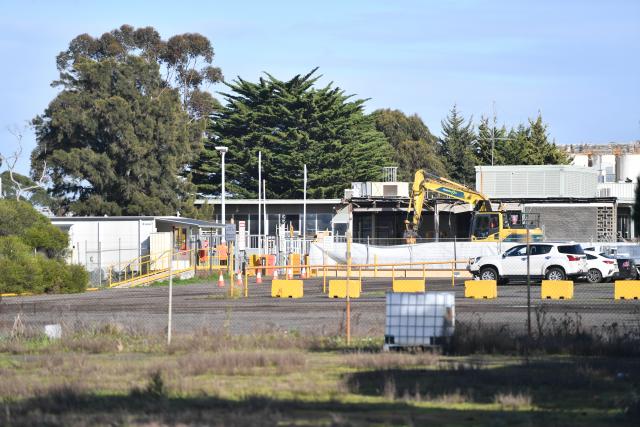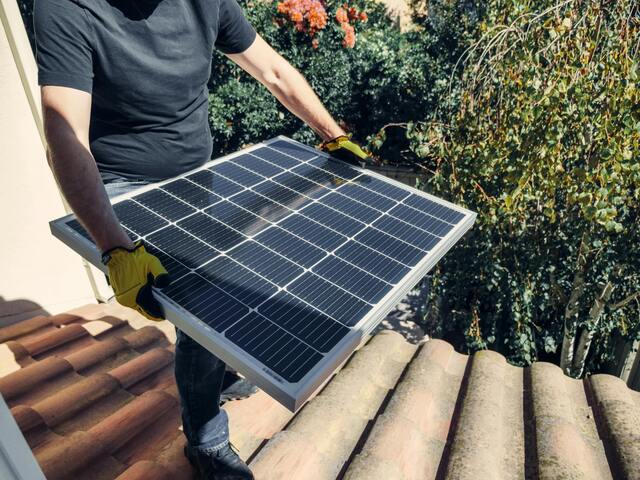The Environment Protection Authority [EPA] Victoria has approved a development licence from Advanced Recycling Victoria to build a plastic resource recovery plant in Altona.
Following months of consideration and public consultation, EPA approved the development licence for the $54 million proposal, which would process about 20,000 tonnes of end-of-life plastic feedstock per year.
At a cost of $54 million, the proposed infrastructure will include a plastic preparation shed, a hydrothermal treatment plant, tanks to store the generated products and an area for storing containers containing plastics.
Also known as chemical recycling, advanced recycling helps to close the loop on plastics which currently go to landfill.
EPA permissions director Con Lolis said the plant would be among the first of its kind in Australia.
“The project targets plastics that cannot be recycled to a useful product using current methods,” he said.
The Hydrothermal Liquefaction technology uses high-pressure and hot water to economically transform plastic waste into a safe, stable and sustainable oil.
The process can be used to recycle polystyrene materials, low-density plastics such as cling film and rubbish bags, high-density plastics such as detergent bottles and general plastics such as water bottles.
Effectively, the very hot, dense water (also known as supercritical water) breaks down the long chemical chains in the plastic to more simple chemicals, forming an oil similar to refined fossil oil.
The liquid products can be used as feedstock for manufacturing products in the plastic, chemical refining, and asphalt industries.
The gaseous product can be used as a fuel to offset the use of natural gas.
According to the application, product storage tanks would be installed on site which exceed 10,000 litres in capacity and the proposed facility would have the capacity to store more than a megalitre of oil products.
The application also detailed the process would be carried out within industrial sheds, with the applicant experiencing no odour when visiting similar sites.

















